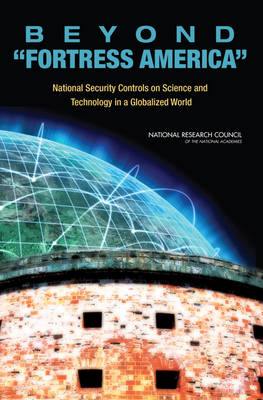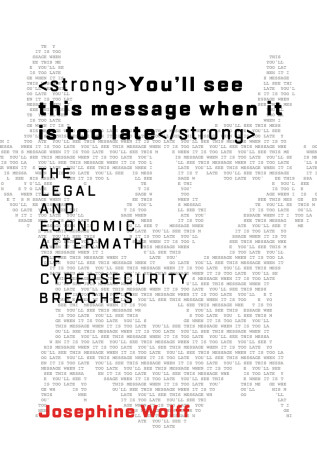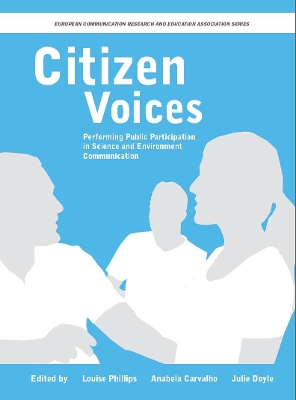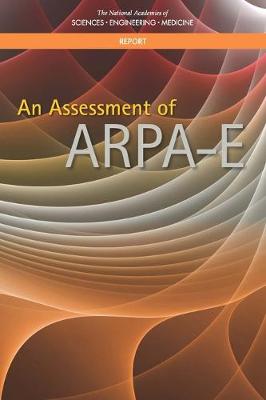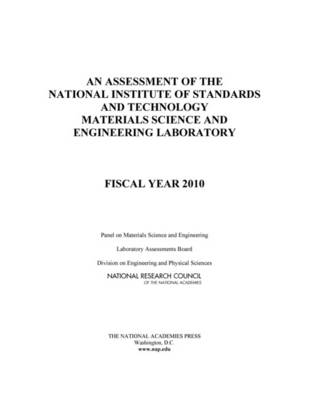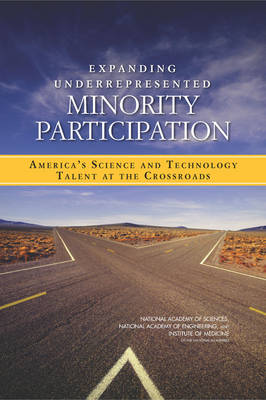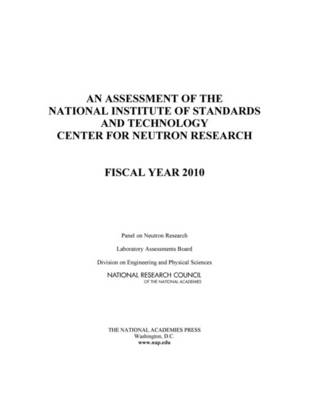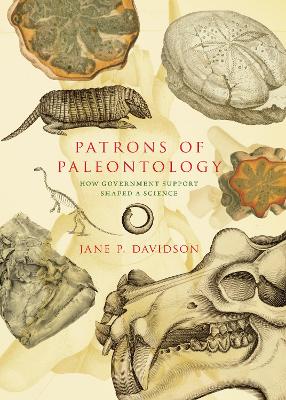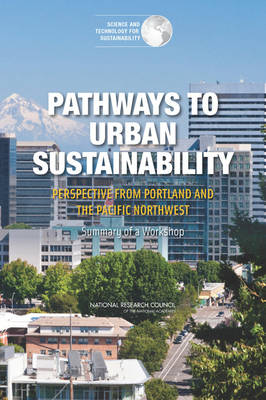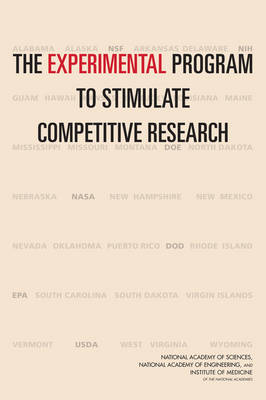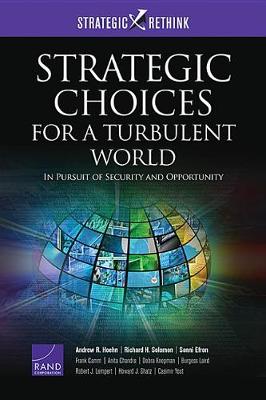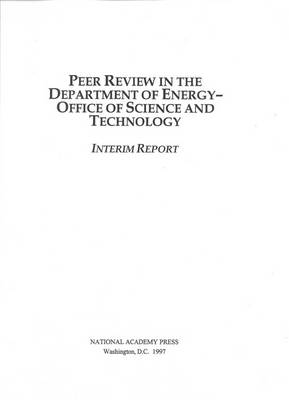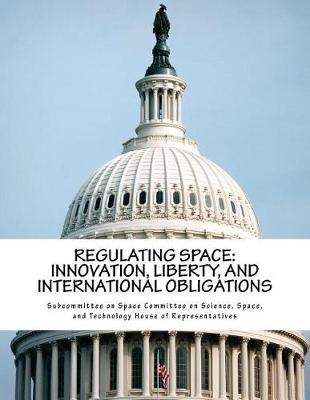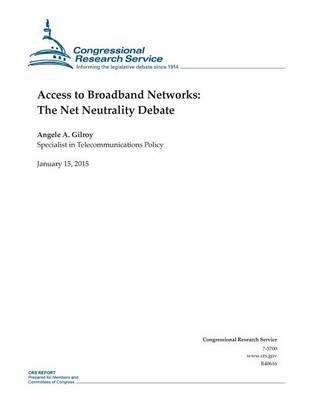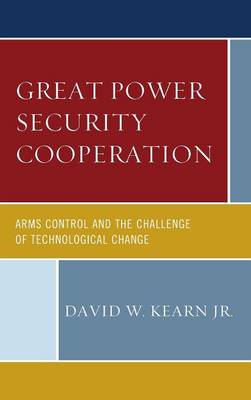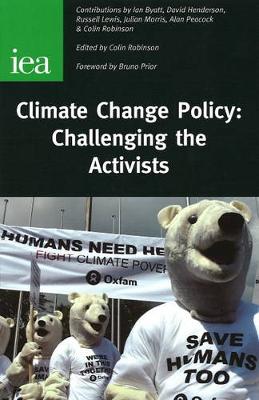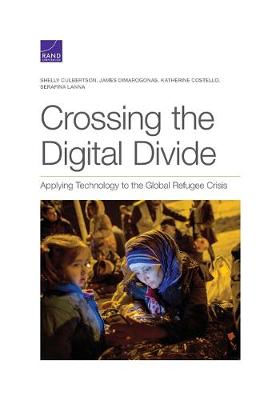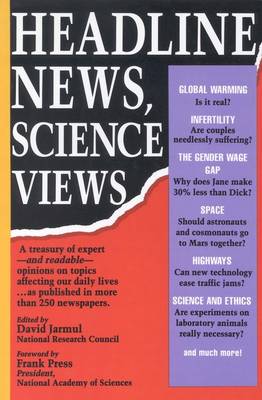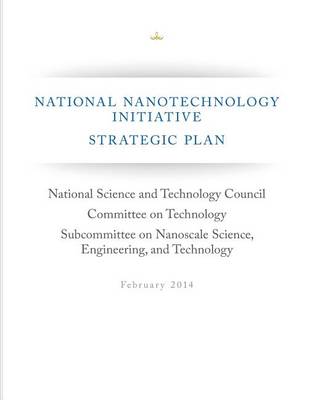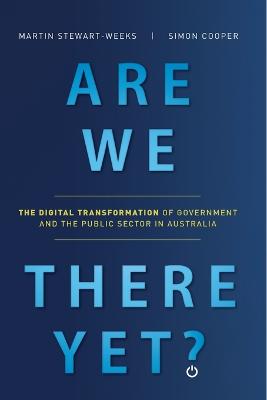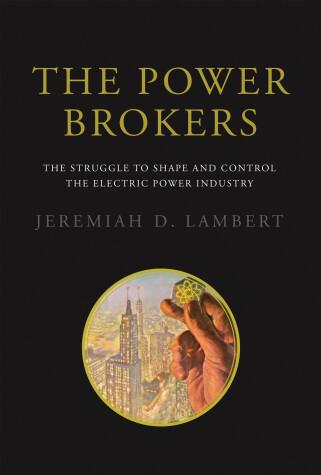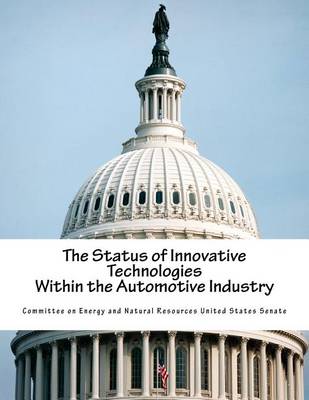Beyond "Fortress America"
The national security controls that regulate access to and export of science and technology are broken. As currently structured, many of these controls undermine our national and homeland security and stifle American engagement in the global economy, and in science and technology. These unintended consequences arise from policies that were crafted for an earlier era. In the name of maintaining superiority, the U.S. now runs the risk of becoming less secure, less competitive and less prosperous....
You'll see this message when it is too late (Information Policy)
by Josephine Wolff
What we can learn from the aftermath of cybersecurity breaches and how we can do a better job protecting online data. Cybersecurity incidents make the news with startling regularity. Each breach-the theft of 145.5 million Americans' information from Equifax, for example, or the Russian government's theft of National Security Agency documents, or the Sony Pictures data dump-makes headlines, inspires panic, instigates lawsuits, and is then forgotten. The cycle of alarm and amnesia continues with...
Citizen Voices (European Communication Research and Education Association)
This book concentrates exclusively on the dialogic turn in the governance of science and the environment. The starting point for this book is the dialogic turn in the production and communication of knowledge in which practices claiming to be based on principles of dialogue and participation have spread across diverse social fields. As in other fields of social practice in the dialogic turn, the model of communication underpinning science and environmental governance is dialogue in which scienti...
An Assessment of ARPA-E
In 2005, the National Research Council report Rising Above the Gathering Storm recommended a new way for the federal government to spur technological breakthroughs in the energy sector. It recommended the creation of a new agency, the Advanced Research Projects Agency-Energy, or ARPA-E, as an adaptation of the Defense Advanced Research Projects Agency (DARPA) model?widely considered a successful experiment that has funded out-of-the-box, transformative research and engineering that made possible...
Environmental Research Programmes
The Materials Science and Engineering Laboratory (MSEL) of the National Institute of Standards and Technology (NIST) works with industry, standards bodies, universities, and other government laboratories to improve the nation's measurements and standards infrastructure for materials. A panel of experts appointed by the National Research Council (NRC) assessed the four divisions of MSEL, by visiting these divisions and reviewing their activities.
Expanding Underrepresented Minority Participation
by National Academy of Sciences
In order for the United States to maintain the global leadership and competitiveness in science and technology that are critical to achieving national goals, we must invest in research, encourage innovation, and grow a strong and talented science and technology workforce. Expanding Underrepresented Minority Participation explores the role of diversity in the science, technology, engineering and mathematics (STEM) workforce and its value in keeping America innovative and competitive. According to...
An Assessment of the National Institute of Standards and Technology Center for Neutron Research
The National Institute of Standards and Technology (NIST) Center for Neutron Research (NCNR) is a national user facility whose mission is to ensure the availability of neutron measurement capabilities in order to meet the needs of U.S. researchers from industry, academia, and government agencies. This mission is aligned with the mission of NIST, which is to promote U.S. innovation and industrial competitiveness by advancing measurement science, standards, and technology in ways that enhance econ...
In the 19th and early 20th centuries, North American and European governments generously funded the discoveries of such famous paleontologists and geologists as Henry de la Beche, William Buckland, Richard Owen, Thomas Hawkins, Edward Drinker Cope, O. C. Marsh, and Charles W. Gilmore. In Patrons of Paleontology, Jane Davidson explores the motivation behind this rush to fund exploration, arguing that eagerness to discover strategic resources like coal deposits was further fueled by patrons who ha...
Pathways to Urban Sustainability
Pathways to Urban Sustainability: Perspective from Portland and the Pacific Northwest is the summary of a workshop convened by the National Research Council's Science and Technology for Sustainability Program in May 2013 to examine issues relating to sustainability and human-environment interactions in the Portland metropolitan region. Topics addressed included the role of land-use restrictions on development, transportation innovations, and economic and social challenges. The speakers at the wo...
The Experimental Program to Stimulate Competitive Research
by National Academy of Sciences
The primary federal program designed to ensure that all states are capable of participating the nation's research enterprise fall under the general rubric of the Experimental Program to Stimulate Competitive Research (EPSCOR). The National Science Foundation (NSF), Department of Energy, Department of Agriculture, and National Aeronautics and Space Administration have active EPSCOR programs. Since its inaugural year in 1979, the EPSCOR program has grown from funding programs in five states to awa...
Strategic Choices for a Turbulent World
by Andrew R. Hoehn, Richard H Solomon, Sonni Efron, Frank Camm, Anita Chandra, Debra Knopman, Burgess Laird, Robert J. Lempert, Howard J. Shatz, and Casimir Yost
Peer Review in the Department of Energy-Office of Science and Technology
The Office of Science and Technology (OST) of the U.S. Department of Energy's (DOE's) Office of Environmental Management (EM) recently has instituted a peer review program that uses the American Society of Mechanical Engineers (ASME), with administrative and technical support provided by the Institute for Regulatory Science (RSI), to conduct peer reviews of technologies (or groups of technologies) at various stages of development. OST asked the NRC to convene an expert committee to evaluate the...
Access to Broadband Networks (Crs Reports)
by Congressional Research Service
This book explains the conditions under which great powers are likely to cooperate to improve their security by engaging in qualitative arms control. In agreeing to limit or proscribe certain classes of weapons, states will constrain their military capabilities and therefore decrease the threat they pose to potential adversaries. Focusing on the expected military impact of technological change and the capacity of states to confidently monitor the activities of its negotiating partners, it may be...
The idea is now widespread that damaging, man-made climate change is occurring. Massive counter-action by governments is the remedy usually prescribed. But there is considerable uncertainty surrounding climate change forecasts and there are dangers in 'big government' approaches to the apparent problem. This book explores the processes by which conclusions about climate change are reached and discusses market-based approaches to dealing with global environmental issues.
Crossing the Digital Divide
by Shelly Culbertson, James Dimarogonas, Katherine Costello, and Serafina Lanna
Headline News, Science Views
by National Academy of Sciences and Frank Press
Many Americans want information on how to eat a healthier diet, clean up the environment, or improve their children's education. Yet, all too often, people lack the time or background to read scientific reports for answers to these questions. Now, scientists and nonscientists alike will enjoy Headline News, Science Views, a collection of easy-to-read short articles on many of today's most important issues. These readable essays are written by some of the country's leading scientists, engineers,...
National Nanotechnology Initiative Strategic Plan
by Execuritve Office of the President of Th and National Science and Technology Council
The Power Brokers (The MIT Press) (The Power Brokers)
by Jeremiah D. Lambert
How the interplay between government regulation and the private sector has shaped the electric industry, from its nineteenth-century origins to twenty-first-century market restructuring.For more than a century, the interplay between private, investor-owned electric utilities and government regulators has shaped the electric power industry in the United States. Provision of an essential service to largely dependent consumers invited government oversight and ever more sophisticated market interven...
The Status of Innovative Technologies Within the Automotive Industry
by Committee on Energy and Natural Resource
